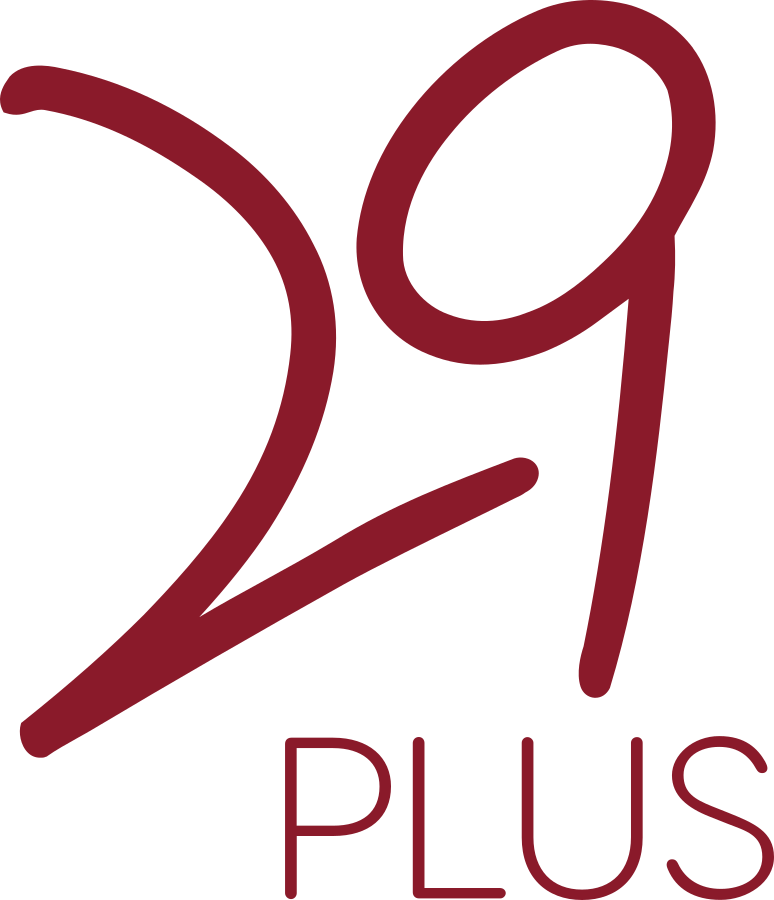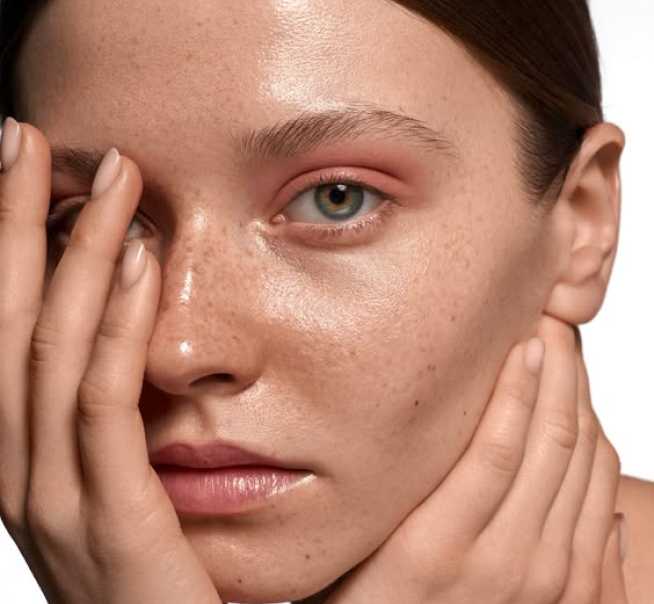Written By: Stephanie Joy Karl
Certified Nutritionist
What Is Collagen?
Collagen is the main structural protein in the body and depending upon the structure of the tissue, collagen may be rigid (bone) or more flexible (tendon) or both (cartilage). Collagen makes up eye tissue, blood vessels, gut tissue, vertebrae and teeth. Collagen is also important for muscle tissue as it makes up the fibres and connective tissue. Vitamin C is vital for collagen synthesis, while Vitamin E improves its production.
The name collagen comes from the Greek word kolla, meaning glue, and gen meaning producing.
The human body contains over 90% type 1 collagen and makes up the larger part of all skin tissue, cartilage, bone and dentine. While there are many more types of collagens all with different functions, the key types for skin integrity are
Collagen is a protein responsible for healthy joints and skin elasticity or stretchiness. It’s in your bones, muscles, and blood, making up three-quarters of your skin and one-third of the protein in your body.
Different types of foods can help your body produce collagen. This process happens when your body combines amino acids like proline, glycine, vitamin C, zinc, and copper.
Your body makes it naturally by combining amino acids, the building blocks of proteins found in food. To produce collagen, your body needs:
• Proline: Found in egg whites, dairy, cabbage, mushrooms, and asparagus
• Glycine: Found in chicken skin, gelatin, and a variety of other protein-rich foods
• Vitamin C: Found in citrus fruits, tomatoes and bell peppers
• Zinc: Found in beef, lamb, pork, shellfish, chickpeas, lentils, beans, milk, cheese, and various nuts and seeds
• Copper: Found in organ meats, cocoa powder, cashews, sesame seeds, and lentils.
As you age, your existing collagen breaks down, and it gets harder for your body to make more. Many people turn to collagen powder or other types of collagen supplements, such as capsules, gels, and liquids.
What Does Collagen Do?
Collagen provides your body with strength, structure, and support.
As you age, it’s harder to keep up your natural collagen levels. This is particularly true after you’ve gone through menopause. Digestion is a common problem with age and the body increasingly struggles to absorb enough of the nutrients it needs to make collagen.
Eating collagen-rich foods can help your body overcome some of this absorption problem as well as provide most of the essential amino acids for health and repair.
Synthesis of collagen from food sources:
Food source of the amino acids that make up collagen are referred to as procollagen or the precursors to collagen that is taken up by the tissue. Procollagen requires other molecules such as hydroxyl groups which require vitamin C as a co-factor and glycosylation from carbohydrate in the formation of the triple helix structure of collagen. In this conversion, the amino acids present are proline and lysine.
Collagen also:
• Helps your blood clot
• Helps replace dead skin cells
• Creates a protective cover for your organs
• Allows new skin cells to grow
Types of Collagens
Your body contains many types of collagens. These are the most common types: (6)
• Type I – gives strength to your skin, bones, ligaments, and tendons
• Type II – makes up the flexible cartilage that helps support your joints
• Type III – found in your internal organs, blood vessels, and muscles
• Type IV – in some layers of your skin
• Type V – which is present in your corneas and some layers of skin and hair.
Collagen is a protein molecule worth considering for anti-aging purposes and as a supplement for athletes, where additional stress is placed on bones and joints. It is also the body’s key natural resource in wound healing. (7)
Digging deeper into the amino acids that make collagen so flexible and affiliated to restoring soft tissues is its content of proline and glycine. This is not dissimilar to the amino acid composition for fish and mammal skin which is an important consideration when choosing a collagen supplement.
Part 2 Blog link – Health Benefits of Collagen – Part 2 – 29 PLUS
Stay confident, glow with science!
References:
1. https://newsnetwork.mayoclinic.org/discussion/mayo-clinic-q-and-a-collagen-and-biotin-supplements/
2. https://health.clevelandclinic.org/is-biotin-as-good-as-advertised-for-your-hair-loss
3. Trueg R, Serum Biotin Levels in Women Complaining of Hair Loss (2016) Int J Trichology; 8(2): 73-77
4. Pullar, J.M, Carr, A.C. Vissers, M. (2017) The roles of vitamin C in skin health. Nutrients; 9: 866.
5. https://my.clevelandclinic.org/health/articles/22915-hyaluronic-acid
6. Ashokkumar M, Ajayan PM (2021) Materials science perspective of multifunctional materials derived from collagen. International Materials Reviews. 66 (3): 160–87.
7. Birbrair A, Zhang T, Files DC, Mannava S, Smith T, Wang ZM, et al. (2014) Type-1 pericytes accumulate after tissue injury and produce collagen in an organ-dependent manner. Stem Cell Research & Therapy. 5 (6): 122.
8. Leis K, Pisanko K, Junzill A et al (2022) Resveratrol as a factor preventing skin aging and affecting its regeneration. Postepy Dermatol Alergol; 39(3): 439–445.



